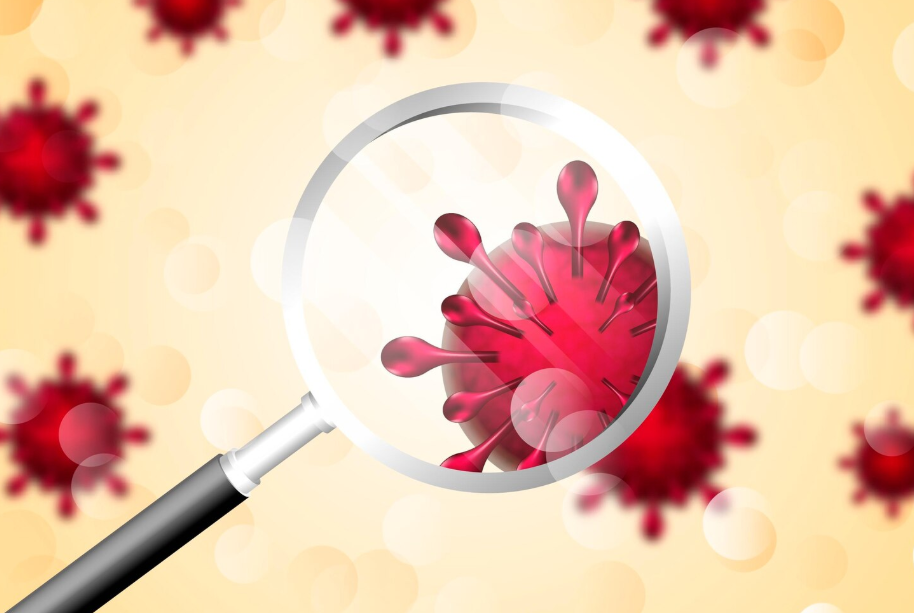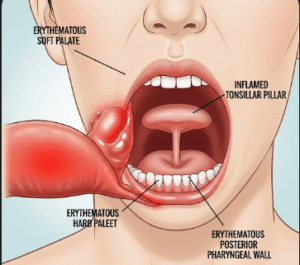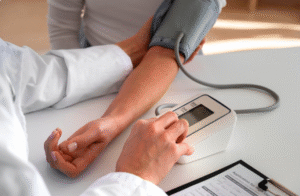Overview
Gonococcal infection, commonly known as gonorrhea, is a sexually transmitted infection (STI) caused by the bacterium Neisseria gonorrhoeae. It primarily affects the urethra, cervix, rectum, and throat, and can occasionally infect the eyes or joints. In Korea, gonococcal infections are reported to public health authorities to help monitor trends and prevent outbreaks. Modern Korean hospitals provide advanced diagnostic testing and effective treatments to manage infections and prevent complications.
Symptoms
Many infected individuals may not show symptoms, particularly women. When present, symptoms can include:
- In men:
- Painful urination
- White, yellow, or green discharge from the penis
- Swelling or pain in the testicles
- In women:
- Increased vaginal discharge
- Painful urination
- Bleeding between periods
- Lower abdominal or pelvic pain
- Other possible symptoms:
- Rectal pain, discharge, or bleeding (rectal infection)
- Sore throat (pharyngeal infection)
- Eye redness, pain, or discharge (ocular infection)
- Fever or joint pain in disseminated cases
Causes
Gonococcal infection is transmitted through:
- Unprotected vaginal, anal, or oral sexual contact with an infected person
- Mother-to-child transmission during childbirth
- Contact with infected bodily fluids
Risk Factors
- Multiple sexual partners
- Unprotected sexual activity
- Previous or concurrent sexually transmitted infections
- Adolescents and young adults (15–29 years)
- Men who have sex with men (MSM)
- Living in urban areas with higher STI prevalence
Diagnosis
In Korea, gonococcal infections are diagnosed using:
- Urine tests to detect bacterial DNA
- Swab tests from the urethra, cervix, throat, or rectum
- Nucleic acid amplification tests (NAATs) – highly accurate and widely used
- Culture tests – useful for detecting antibiotic resistance
Prevention
- Consistent use of condoms during sexual activity
- Limiting the number of sexual partners
- Regular STI screening for sexually active individuals
- Prompt treatment of sexual partners to prevent reinfection
- Health education programs promoting safe sexual practices in Korea
Treatment Options in Korea
Treatment follows global guidelines, with adjustments for antibiotic resistance monitoring:
- Medications
- Intramuscular ceftriaxone plus oral azithromycin or doxycycline for co-infections
- Follow-up testing to ensure infection clearance
- Partner Management
- Testing and treatment of all recent sexual partners to prevent reinfection
- Management of Resistant Strains
- Advanced Korean laboratories track antibiotic-resistant gonorrhea
- Treatment is adjusted based on sensitivity tests
- Supportive Care
- Pain management and hydration during symptomatic episodes
Prognosis
With timely and appropriate treatment, gonococcal infections are usually fully curable. Untreated cases can lead to complications such as infertility, pelvic inflammatory disease (PID), chronic pelvic pain, ectopic pregnancy, or systemic infections. In Korea, access to modern healthcare, routine surveillance, and effective antibiotics ensures most patients achieve full recovery, though antibiotic resistance remains an ongoing public health concern.













